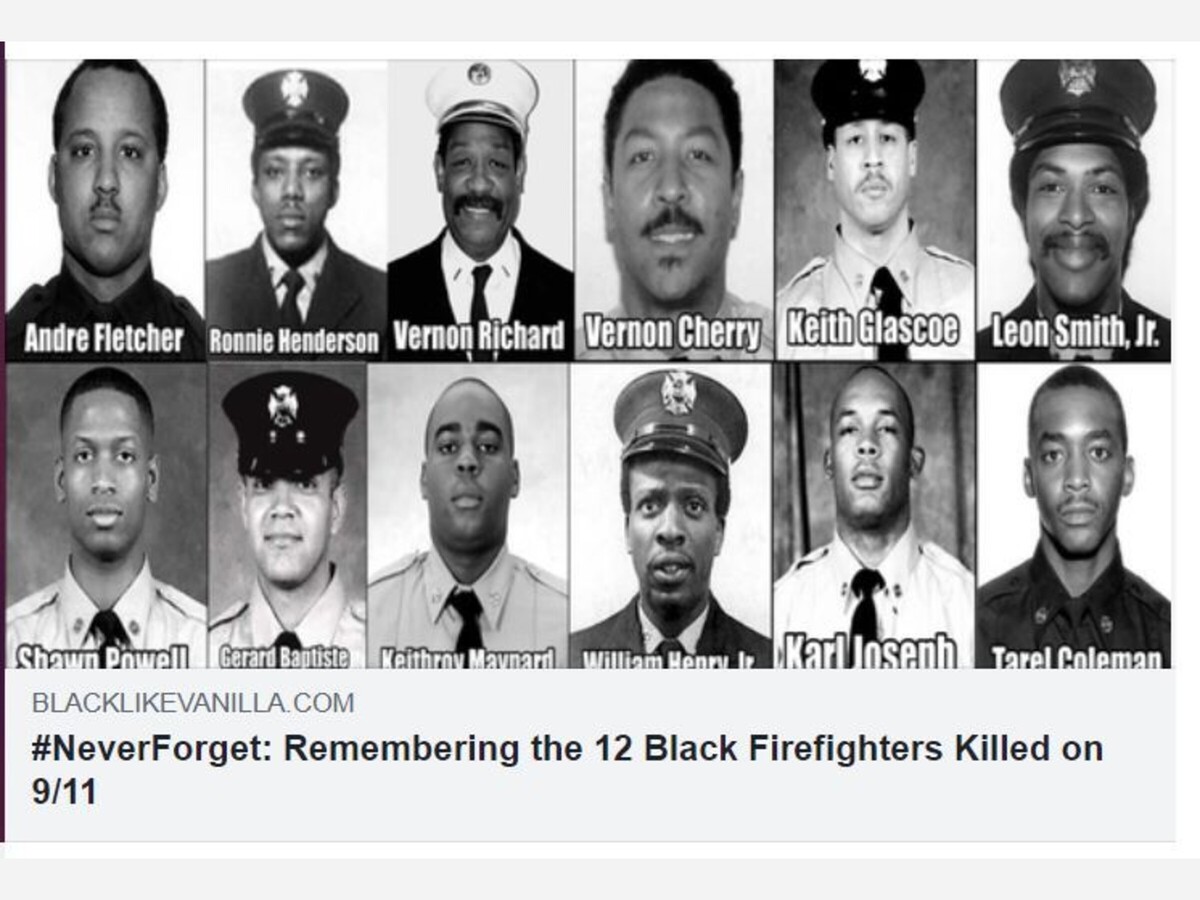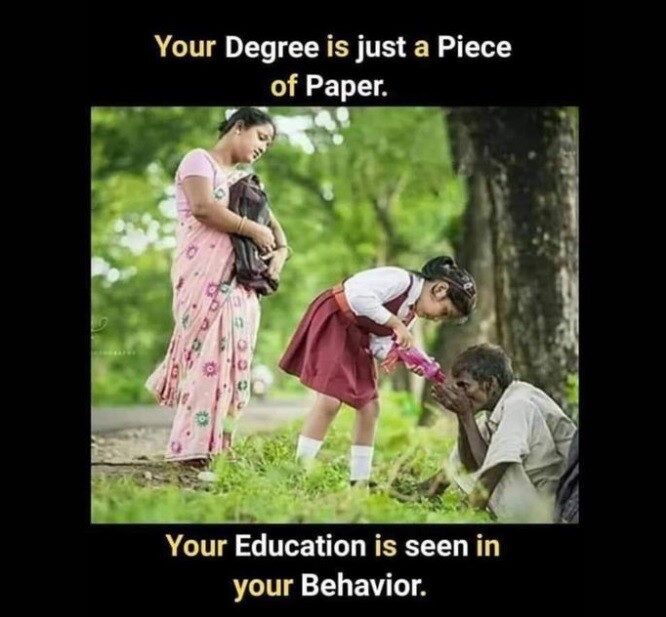Image

"But the morning it happened—I have a really old car, and I turned on the radio because I wanted to know what time it is and I don't wear a watch—and I'm hearing, the World Trade Center, the planes. I'm like, “Oh, my God!” And I'm driving, just freaking out, and I'm talking to my children. “You just won't believe what just happened,” I'm telling my six year old. “You won't believe it. This is nuts. This is unprecedented. Ooh, oh my God!” So then I'm like, “New York City, oh my God!” My father died a year ago. I have three half sisters, and they all live in New York City. One lives in Manhattan, New Jersey, Harlem. OK, I'm just like, “Oh, what does it mean for my family?” I have two brothers. One is in Japan, and one is here [both in the military]. So I get to school, and turn my television on, and I'm just like, I have to see. When I see the visual, it just brings it home. I'm like, “Oh, this is off the hook to me.” And I'm standing there, and my coworker shows up, and she goes, “Why are you here?” She comes in at 8:30. And I go, “I don't know. What is this? Is this war right here?”
—Darlene, September 21, 2001
This article considers the September 11 tragedy as an event that has created a powerful experience—an astonishing and unthinkable “breach” from the expected and routine—that has riveted the American public and provoked personal storytelling. September 11 and its aftermath have provided an occasion for rethinking and reworking cultural identity.
We explore how September 11 and subsequent events have been experienced, constructed, and narrated by African American women, primarily from working-class and low-income backgrounds.
These stories, and the commentaries and discussions that surround them, provide vehicles for these women to ponder what sort of social contexts they inhabit, within what sort of subject positions they are placed, and how these may be shifting in light of the attacks and America's “War on Terrorism".
Keywords: African American, narrative, gender, cultural identity, #criticalracetheory
NCBI/PMC Read More ...
 SUBSCRIBE TO FOUNTAIN CITY NEWS
SUBSCRIBE TO FOUNTAIN CITY NEWS